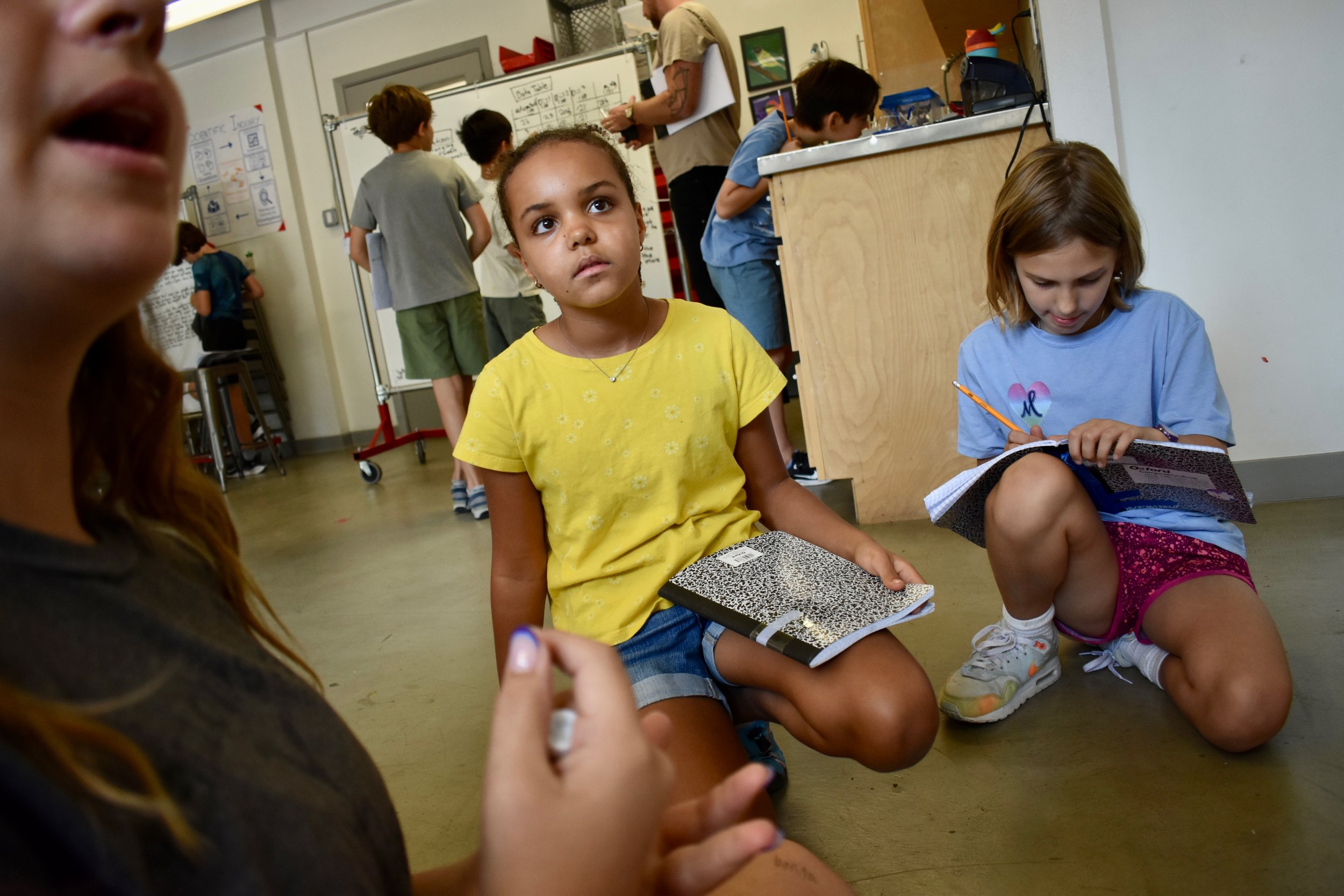Rethinking “Soft Skills”: Why the Hardest and Most Enduring Skills Need a New Name
Walk into any classroom or workplace today, and you’ll likely hear talk of “soft skills.” Communication, empathy, collaboration, adaptability—these are the qualities that shape how we relate to one another and navigate the world. Yet, the term “soft skills” does these abilities a disservice. Not only are these skills among the hardest to master—and teach—but they are also the most durable, especially as technology, including artificial intelligence, rapidly reshapes our world.
The Case for a Rebrand of “Soft Skills”
The phrase “soft skills” suggests something secondary or optional—a nice-to-have alongside the so-called “hard” skills of math, science, technical expertise, or other “academic” knowledge. But research consistently tells a different story. The World Economic Forum’s Future of Jobs Report (2023) identifies analytical thinking, creativity, and resilience—alongside empathy and collaboration—as the most in-demand skills for the future workforce. These are not peripheral; they are central and it is a disservice to call them “soft.”
Harvard University’s David Deming, in his widely cited research, demonstrates that social skills have become increasingly valuable in the labor market, outpacing the demand for many routine technical skills (Deming, 2017, The Quarterly Journal of Economics). As automation and AI take on more predictable, repetitive tasks, it is our uniquely human qualities—our ability to connect, adapt, and lead—that will set us apart.
Why “Soft” Skills Are Actually The Hardest
Empathy, for example, is not simply a personality trait; it’s a complex, learned ability to understand and respond to others’ emotions. Collaboration requires navigating differences, communicating clearly, and building trust—often in ambiguous, stressful, or high-stakes situations. These skills demand self-awareness, reflection, and continuous practice. As Angela Duckworth, psychologist and author of “Grit,” notes, qualities like perseverance and social intelligence are developed over time and through challenge, not through shortcuts.
At Long-View, we see every day how challenging—and essential—it is for learners to own and drive their learning, to work through disagreements, and to support one another. These are not “soft” tasks; they are the foundation of meaningful learning and effective leadership.
The Durability of Human Skills in an AI World
As AI becomes increasingly capable, the skills least likely to be automated are those that require a human touch. The McKinsey Global Institute (2023) highlights that demand for social, emotional, and higher cognitive skills will continue to grow, even as technical skills evolve. The ability to relate to others, to collaborate across differences, and to adapt to new challenges are not just relevant now—they are future-proof.
A Call to Reframe
It’s time to stop calling these “soft” skills and recognize them as the essential, durable human skills they are. Some educators and researchers now refer to them as “power skills,” “durable skills,” or “human skills.” Whatever the label, the message is clear: these are the skills that will matter most—not just for today’s learners, but for the world they will inherit.
As we prepare our students for an uncertain future, let’s give these skills the respect and attention they deserve. Let’s teach, practice, and celebrate them—not as an afterthought, but as the very core of what it means to be educated, adaptable, and truly human.
References:




